Russia bans PM Boris Johnson, other UK officials over Ukraine war
Russia has banned British Prime Minister Boris Johnson and several other top UK officials from entering the country against the backdrop of London imposing sanctions on Moscow over its military operation in Ukraine.
Russia’s Foreign Ministry said in a statement on Saturday the decision had been made in retaliation for the UK government’s "hostile" stance on the war in Ukraine.
“London's unbridled information and political campaign aimed at isolating Russia internationally, creating conditions for containing our country and strangling the domestic economy” were responsible for its decision, the ministry said.
“In essence, the British leadership is deliberately aggravating the situation around Ukraine, pumping the Kiev regime with lethal weapons and coordinating similar efforts on the part of NATO.”
Foreign Secretary Liz Truss and Defense Secretary Ben Wallace have been barred alongside 10 other senior politicians – mostly members of the Cabinet – including Foreign Secretary Dominic Raab, Home Secretary Priti Patel and Conservative MP and former British Prime Minister Theresa May.
Moscow imposed a similar ban against US President Joe Biden in March.
In response to the sanctions, a UK government spokesperson said, “The UK and our international partners stand united in condemning the Russian government's reprehensible actions in Ukraine and calling for the Kremlin to stop the war. We remain resolute in our support for Ukraine.”
Johnson has promised, during a surprise visit to Ukraine’s capital, Kiev, to provide the war-battered country with considerable volumes of military and financial aid. The prime minister pledged to equip the Ukrainian army with 120 armored vehicles and new anti-ship missile systems in addition to £100 million of high-grade military equipment, featuring additional Starstreak anti-aircraft missiles and another 800 anti-tank missiles, along with “loitering” drones for “precision strikes.”
Johnson also confirmed further economic support, guaranteeing an additional $500 million (£385 million) in World Bank lending to Ukraine, alongside the £394 million Britain provided in grant aid to ensure the continued running of humanitarian services for Ukrainians.
Earlier this week, the UK and the United States announced further sanctions on Russia.
The sanctions included financial measures designed to damage Russia’s economy and penalize President Vladimir Putin and high-ranking officials.
NATO countries – including Britain and the US – are also supplying weapons, ammunition and other military equipment to Ukraine, although they have ruled out sending in NATO troops or implementing a no-fly zone.
On April 13, the Biden administration said it was planning to authorize the transfer of $750 million in additional military aid to Ukraine.
The United States has already delivered $2.4 billion in military assistance to Ukraine since the beginning of Biden’s term in office, though much of that money has come since Russia’s military operation in Ukraine began in late February.
On Friday, Moscow warned Washington there would be “unpredictable consequences” if it refused to stop sending weapons to Ukraine.
Russia has repeatedly warned NATO against sending more weapons and troops near Russia, and some NATO members have cautioned that such moves would drastically escalate tensions.
The conflict has provoked a unanimous response from Western countries, which have imposed a long list of sanctions on Moscow.
Iran Armed Forces shoot down US F-15 fighter jet near Kuwait border
IRGC, Army launch fresh waves of missile strikes against Israeli, US targets
Red Crescent Society: 555 people killed across Iran in US-Israeli onslaughts
Operational concerns delayed US-Israeli aggression against Iran for a week: Report
Iran slams Israeli attacks on Lebanon, warn UNSC’s inaction to embolden regime
Iran says has ‘no choice’ but to fight back, holds no enmity toward American people
Bahraini police assaults crowds mourning loss of Ayatollah Khamenei
Iran posed no imminent threat to US: Pentagon tells Congress


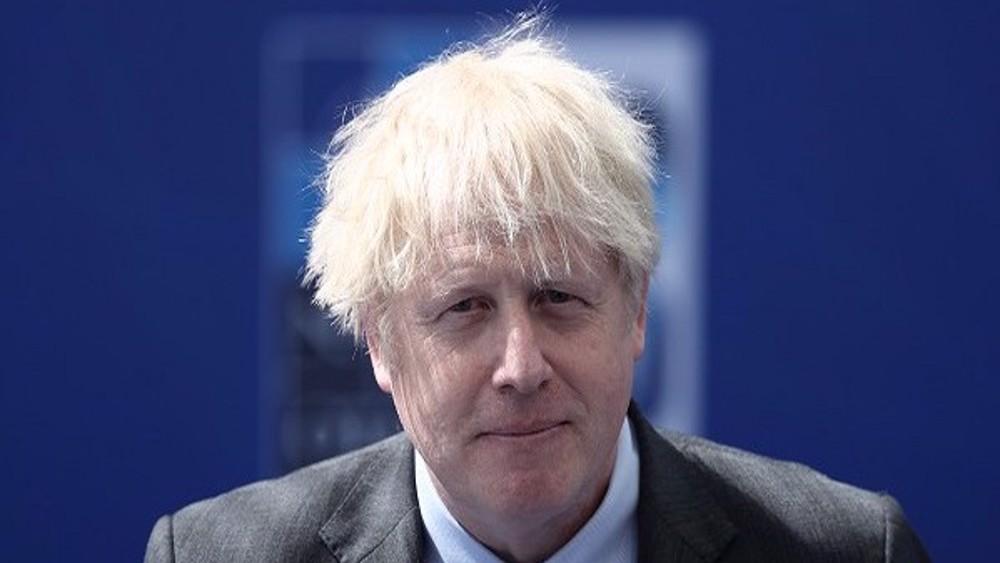

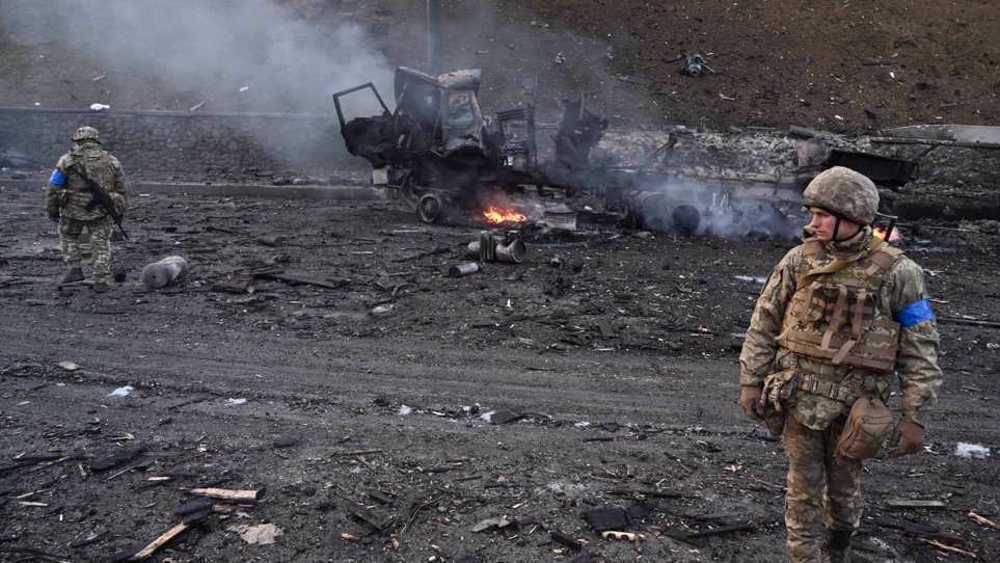
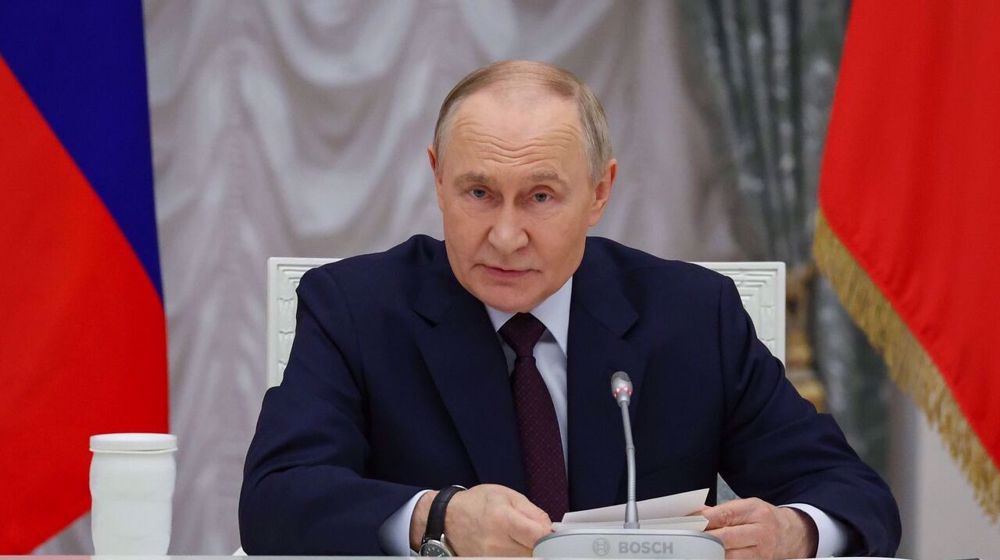
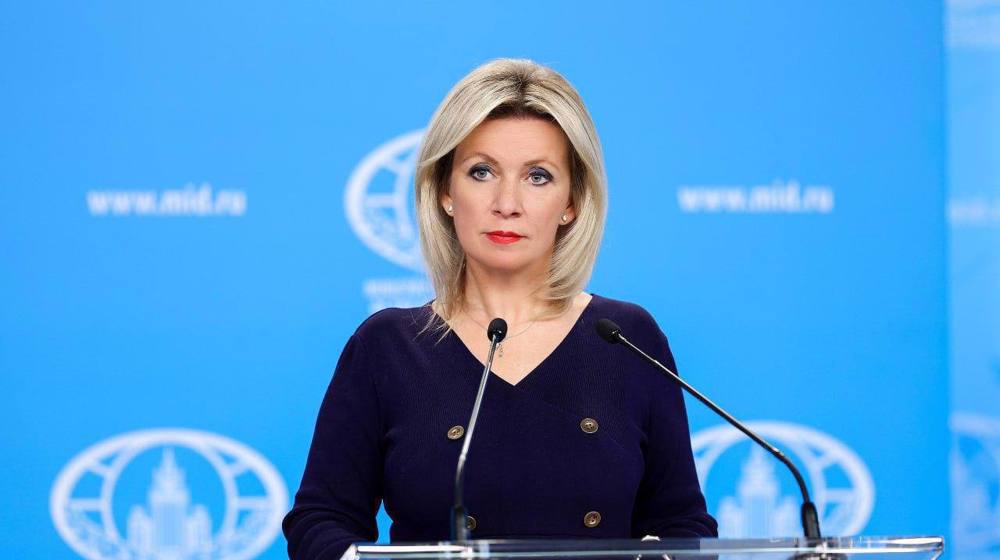
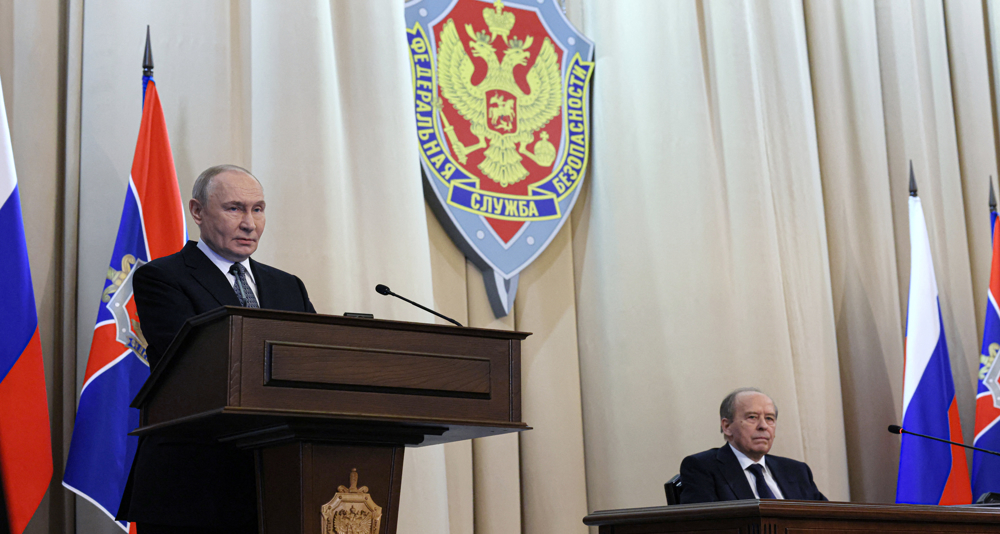



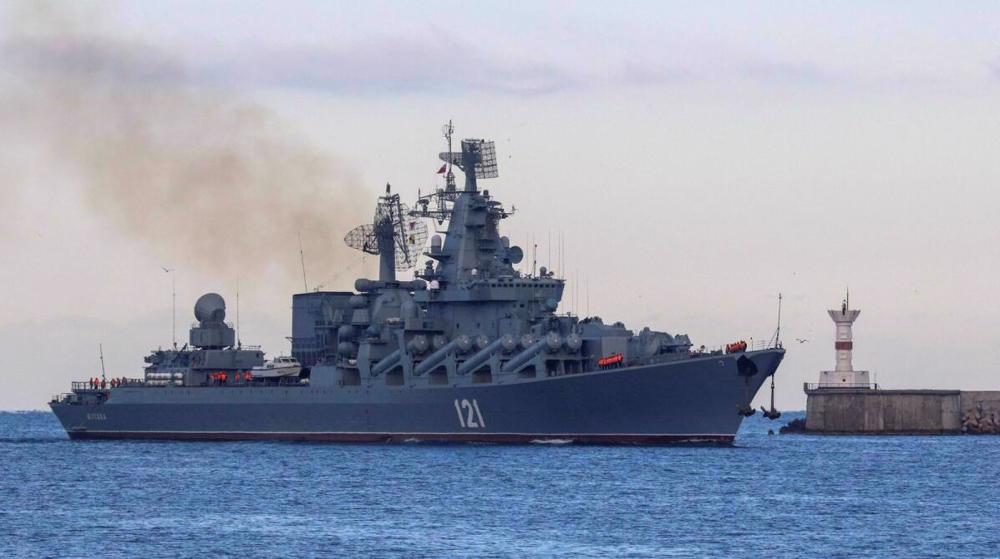
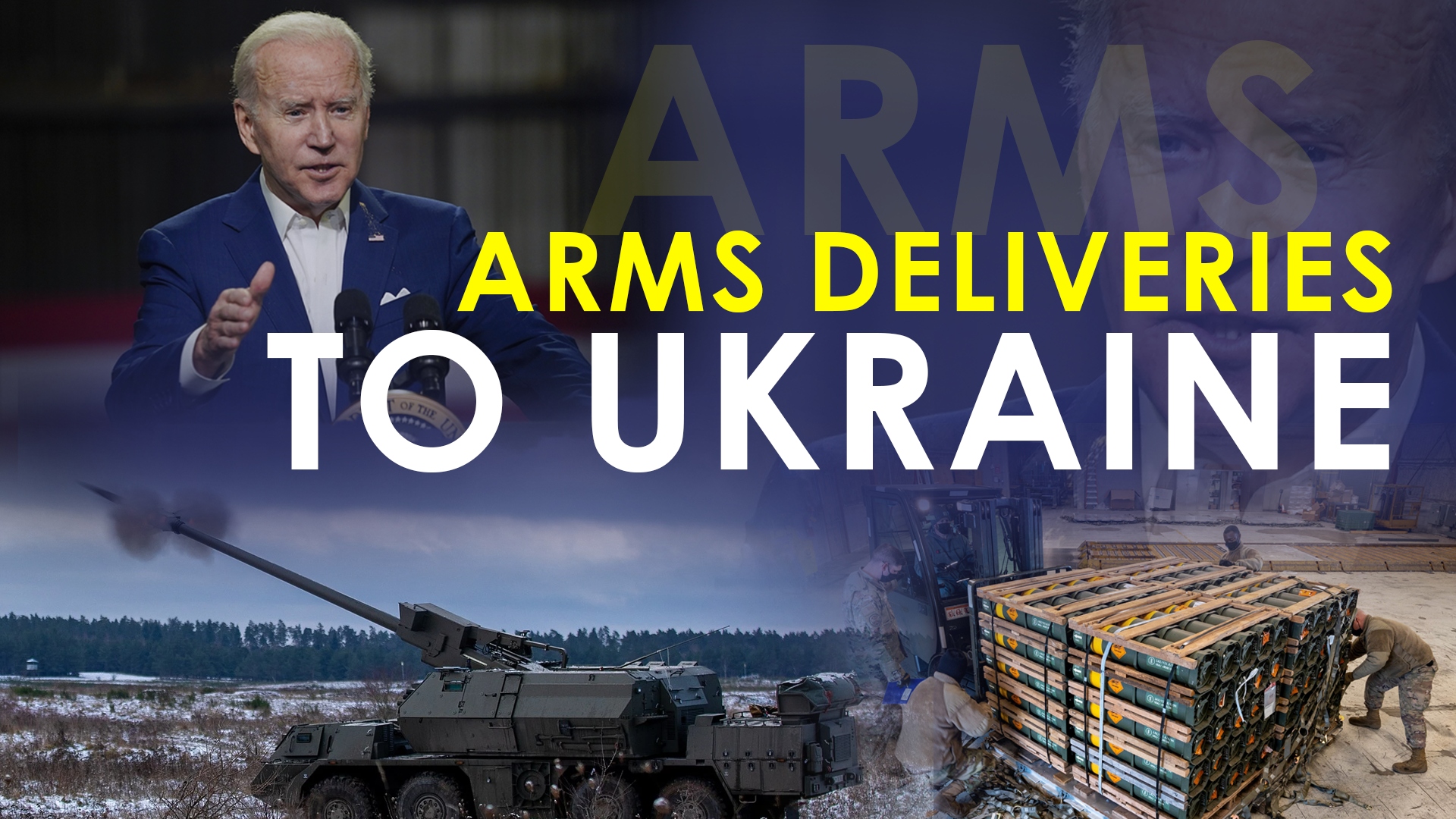


 This makes it easy to access the Press TV website
This makes it easy to access the Press TV website